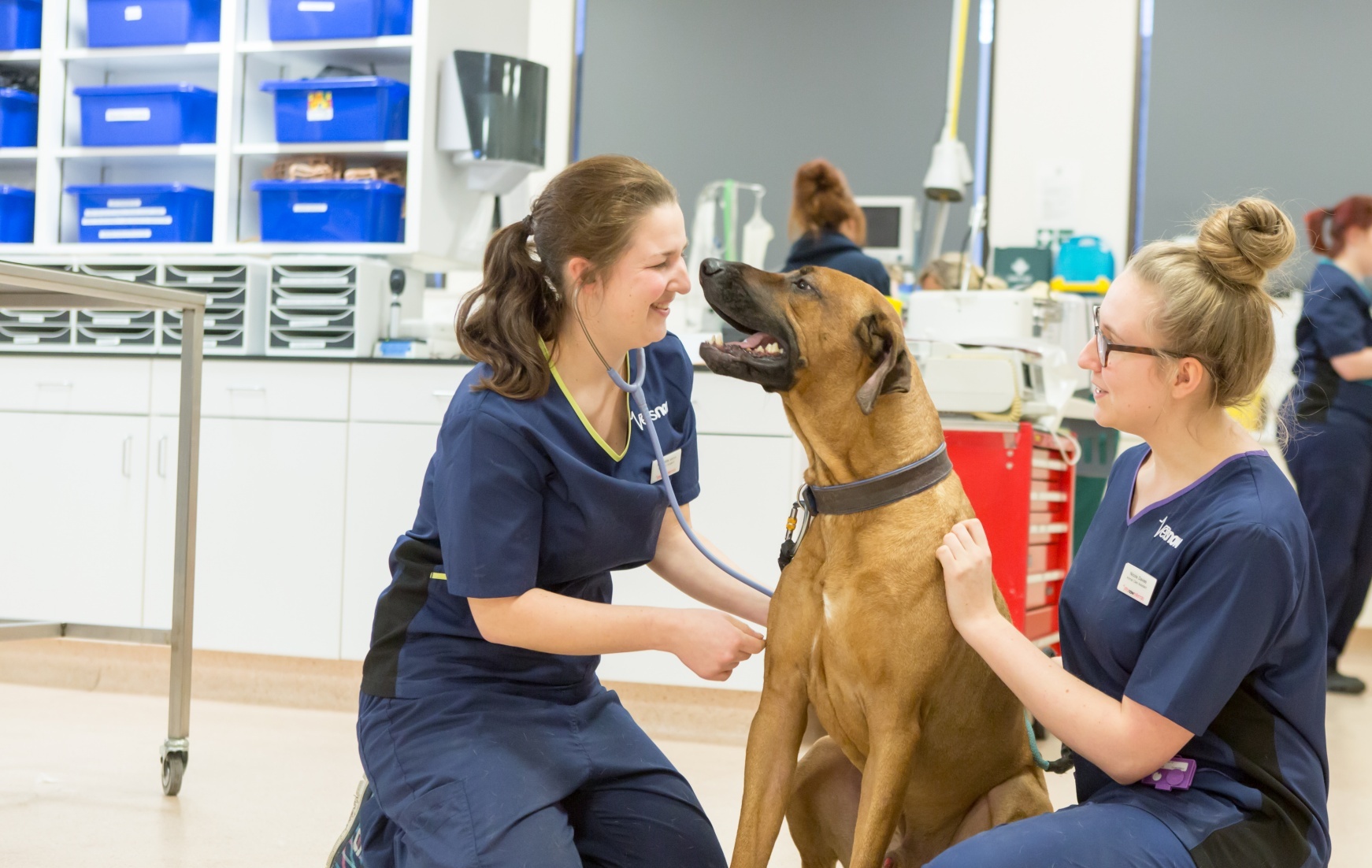Osteosarcoma is the most frequent bone neoplasia in dogs, and occurs more frequently on the appendicular skeleton.
Osteosarcoma (included extraskeletal osteosarcoma) is a highly metastatic tumour, therefore adjuvant systemic treatment is indicated after surgery except in the treatment of mandibular osteosarcoma where long survivals can be achieved with surgery only.
Complete forequarter amputation or coxofemoral disarticulation is recommended to achieve complete excision of local disease and a more cosmetic and functional outcome; en bloc acetabulectomy may be indicated to achieve soft tissue margins.
Despite many owners and veterinary surgeons’ concerns, large old dogs adapt well and quickly to amputation unless severe concurrent neurological or orthopaedic disease is present (in which case amputation is contraindicated).
Expected survival with surgery only is poor (~4.5 months), with 11.5% survival at 1 year and 2.0% survival at 2 years. However administration of carboplatin chemotherapy after surgery quadruples survival at 1 year (median 9-13 months, 37-46% survival at 1 year survival, 16-26% survival at 2 years).
A recent survey (JSAP 2010) showed that carboplatin is well tolerated by pets and owners with 89% of owners not regretting treating their pet.
The owners should be fully informed about the importance and tolerability of adjuvant chemotherapy in pets with osteosarcoma.
When surgery is not pursued, radiotherapy or medical treatment with biphosphonates in association with multimodal analgesia are effective palliative options for treatment of pain from bone cancer.


